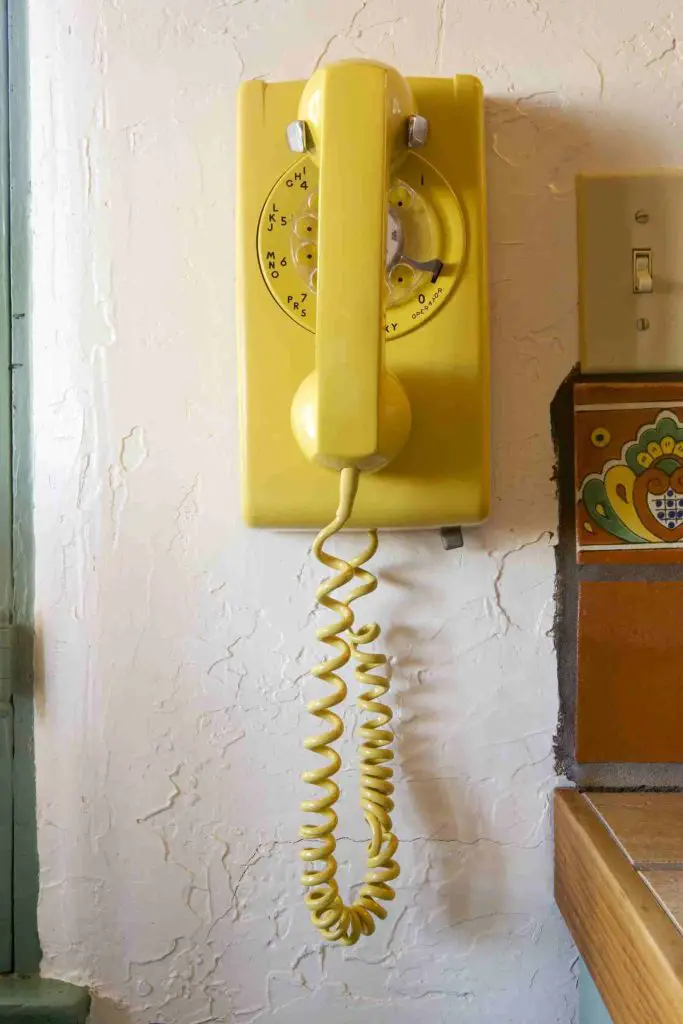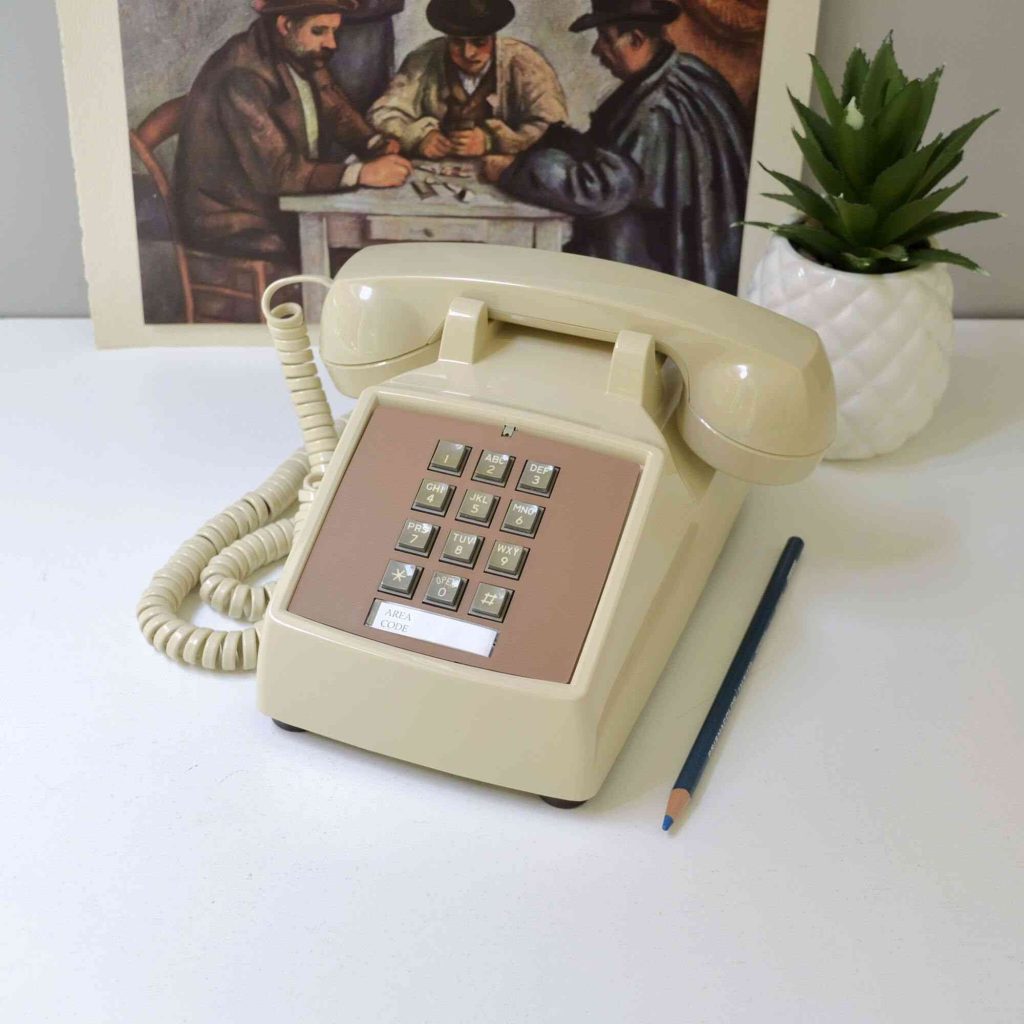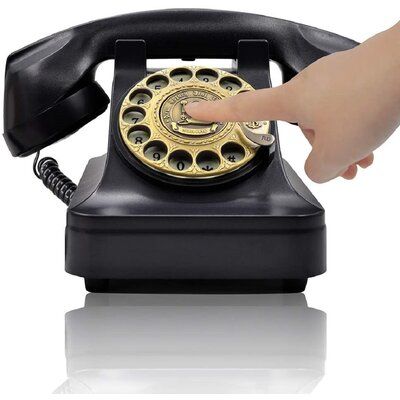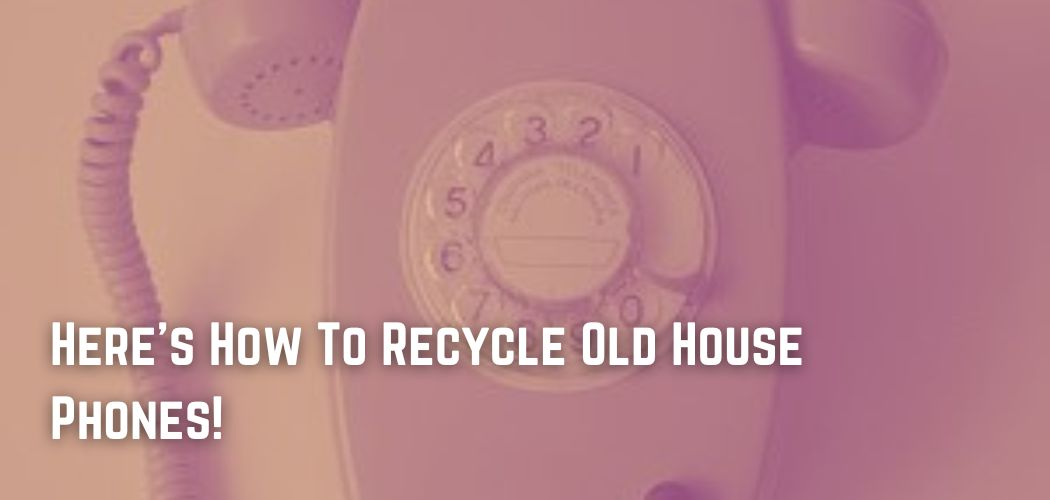As an increasing number of people use their cell phone as their primary phone line, the demand for landline-based phones continues to decline.
Any phone that is connected to a physical telephone line, such as a home phone line, is a landline phone. Landline phones consist of both cordless and wired handset models.
As people cut back on or get rid of landline phones in their homes and offices, many of these devices may be thrown away. But recycling landline phones can give them a new use, like in a non-profit office or a home for people with low incomes.
Recycling the batteries in cordless phones can also cut down on the damage they cause to the environment when they are thrown away.
Also, old phones can be taken to places that recycle electronics. There, the usable parts are melted down and used to make new electronics.
Contribution Towards The Protection Of The Environment
Customers can participate in environmental protection by recycling their mobile and landline phones. We offer two convenient options for recycling telephones: pick-up and drop-off.

Simply call them, and they will either pick up your phone for free or deliver it to one of our nationwide drop-off locations. In addition, customers can track the recycling status of their phones through the All Green website.
Rest assured that customer privacy is our top priority, and we use cutting-edge technology to delete all telephone records. If it is not possible to repair or reuse the phone parts, we recycle them for their precious metals and materials.
How Is It Recyclable?
Disconnect corded phones (those that are physically wired to a base) from the landlines. Consider donating these devices to Goodwill or another charity.
Phones can be used by non-profit offices or distributed by charities that work with low-income households to those in need.
Cordless phones that can’t be donated should be thrown away by turning them off, unplugging them from the wall, and taking out the rechargeable battery.
Bring the rechargeable batteries to a place that will take them and has the tools to recycle them. Some electronic stores participate in these programs, and certain cities have designated drop-off locations.
Find facilities designed specifically for the recycling of old electronic devices. Earth911.org (see Resources) helps people find the closest places where they can get rid of their old phones, computers, and other electronic devices.
The centers will disassemble electronics to melt down recyclable materials.
Materials Which Can Be Recycled
Most of the parts that go into making mobile phones can be used to make other things. Metals, plastics, and rechargeable batteries are included.
Metals, like gold, silver, copper, platinum, tin, zinc, and palladium, are some of the most important elements. These metals can be used to make jewelry, cars, art, and other electronics, like new cell phones.

Plastics from old phones can be used to make packaging, building materials, parts for cars, and, of course, other electronics. Rechargeable batteries can be recycled directly into other rechargeable batteries.
Over 129 million mobile devices were discarded in 2009, according to the Environmental Protection Agency (EPA), while 11.7 million were recycled.
The quantity of abandoned phones that were not recycled is astounding. The importance of recycling both mobile and landline phones cannot be overstated.
The Advantages Of Recycling Them
There are numerous benefits to recycling phones.
- Recycling mobile devices reduces pollution and greenhouse gas emissions.
- Recovering rare materials from the phone reduces mining, manufacturing, and transportation-related environmental impacts and energy demands.
- It decreases the quantity of waste in landfills.
- The production and processing of the precious metals and engineered plastics used in smartphones requires a great deal of energy. Recycling 42 cell phones saves enough energy to power a typical home for one year.
The EPA says that 50 to 80% of recycled electronics end up in developing countries, where they are used to make toxic wastelands where children often work and there aren’t enough environmental controls.
Certified Recycling Approach
All green is R2 certified by a third-party certification body as a responsible recycler.
All of Green’s policies for managing end-of-life and used electronic components, equipment, and materials are based on strategies such as material, reuse, energy recovery, and/or disposal and adhere to the highest standards.
All Green is also audited regularly to make sure it meets the highest standards for security, data destruction, and recycling of e-waste.

Our experts on recycling old equipment know everything there is to know about the different ways to recycle old phones. Depending on what kind of equipment it is and how good it is, we can resell, reuse, or recycle it.
We know that one way to handle phone calls might not be right for all calls. We consider all options and select one that will assist in decommissioning your equipment in a way that makes the best use of the item while also protecting our environment.
Conclusion
It’s better to recycle your old cordless phone. Companies like Barclay Enterprises can help you get rid of your cordless phone and base in a way that is good for the environment.
Depending on the recycler you choose, you may be able to drop your cordless phone off in person at an authorized recycling center. If you don’t, you’ll have to send your old phone to where your recycler tells you to.
Prior to shipping your cordless phone, you may have to provide information such as the make and model and an approximate shipping weight. In some instances, you may be able to ship your cordless phone to a recycler free of charge.




